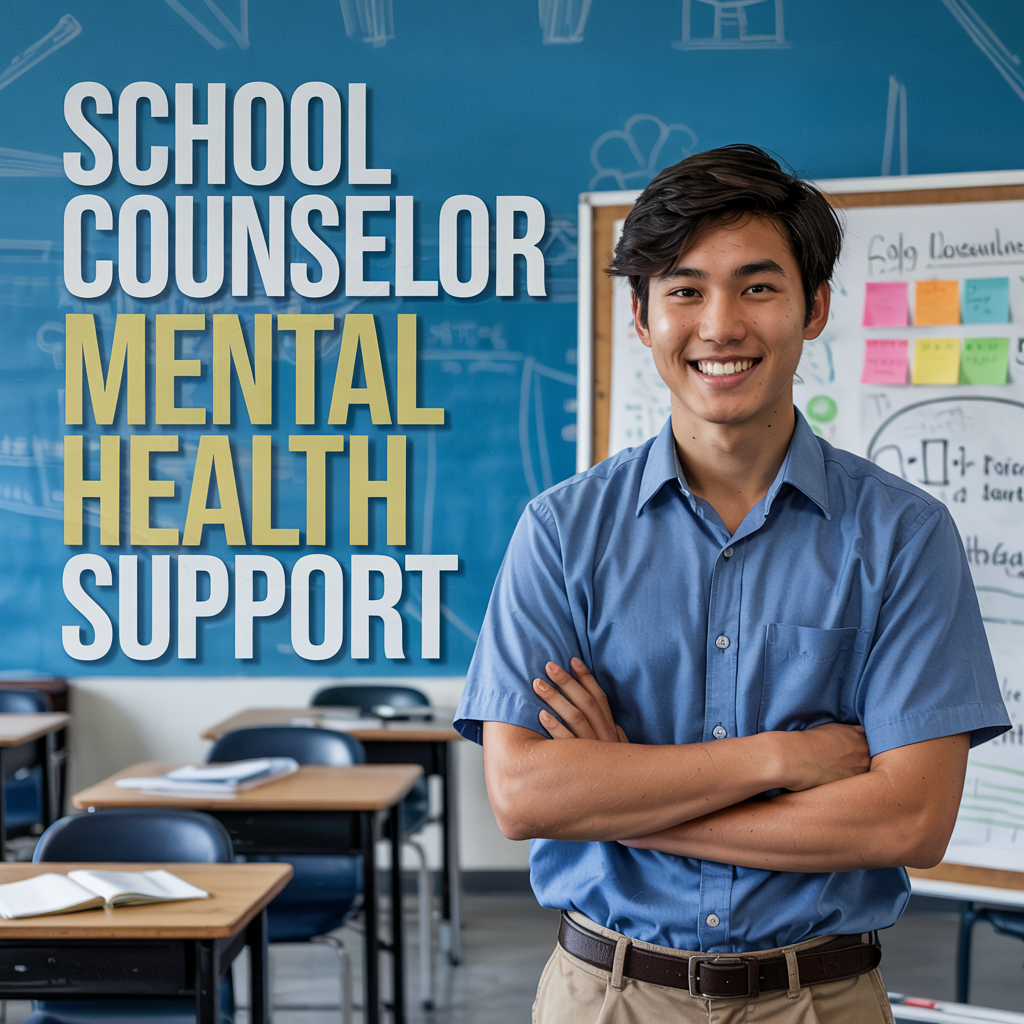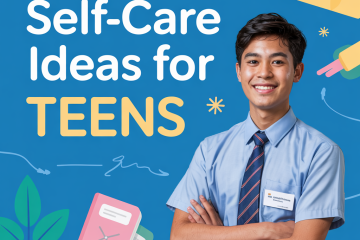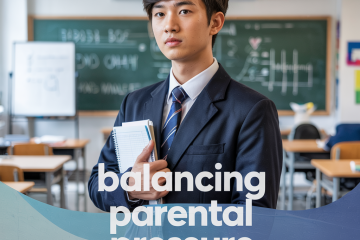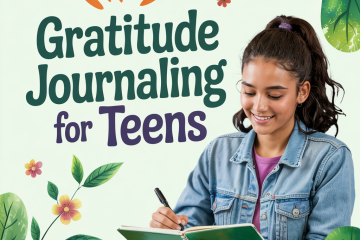Your School Counselor is Your Ally: How They Can Support Your Mental Health (Not Just College Apps)

When you think of your school counselor, college apps and class schedules might be the first things that come to mind. And sure — they’re great for academic and future planning. But here’s something a lot of students don’t realize: counselors are also a major support system for your mental health and well-being.
Knowing how school counselors can help with mental health gives you access to a valuable resource that’s right within your school building. Don’t be afraid to reach out if you’re feeling stressed or going through something personal — they’re here for that too.
Your Counselor: A Go-To Resource for More Than Schedules
School counselors are trained professionals who support students in three key areas: academic development, career planning, and social/emotional growth. That last one? It means they’re here to help you through the personal challenges and emotional ups and downs that come with being a teen.
Their support goes way beyond just managing transcripts — they’re a real resource for whatever you’re dealing with.
What Can School Counselors Help With (Mental Health Wise)?
Counselors can provide support for a wide range of concerns:
- Stress and Anxiety: Coping with academic pressure, test anxiety, social anxiety, or general stress.
- Friendship Issues: Navigating conflicts, dealing with loneliness, or building healthier relationships.
- Family Problems: Dealing with divorce, conflict at home, or changing family dynamics.
- Mood Issues: Feeling down, sad, irritable, or lacking motivation.
- Grief and Loss: Coping with the death of a loved one or other significant losses.
- Decision Making: Talking through difficult choices.
- Bullying or Harassment: Providing support and helping you navigate reporting options.
- Referrals: Connecting you to outside therapists or resources if more intensive support is needed.
They are key school resources mental wellness depends on.
Is Talking to My Counselor Confidential?
Generally, yes. What you discuss with your school counselor is kept private. This confidential counseling school provides allows you to speak openly. However, there are important exceptions counselors are legally and ethically required to report:
- If you indicate you might harm yourself.
- If you indicate you might harm someone else.
- If you report abuse or neglect (of yourself or someone else).
Counselors will usually explain these limits on confidentiality upfront.
How to Approach Your Counselor to Talk
- Make an Appointment: Most counselors have a system for scheduling appointments (sign-up sheet, email, stopping by their office). This ensures you have dedicated time.
- It’s Okay to Be Nervous: Just say you’d like to talk about some things you’re dealing with or feeling stressed about. You don’t need a perfectly planned speech.
- Start Simple: You don’t have to pour everything out at once. Start with what feels most comfortable.
- Be Honest: The more honest you are, the better they can understand and help.
- It’s Not Weird: Counselors talk to students about these kinds of issues every day. It’s their job!
Benefits of Seeing School Counselor for Support
- Accessible: They are right there in your school building.
- Free: Services are free for students.
- Knowledgeable: They understand teen development and common school stressors.
- School Context: They understand your school’s environment, teachers, and resources.
- Objective Listener: They offer a neutral perspective outside your friend group or family.
- Problem-Solving Partner: They can help you brainstorm coping strategies.
There are many benefits of seeing school counselor figures.
For even more support with future planning and self-reflection, check out Cirkled in — your goals deserve a great launchpad.
Counselors Can Connect You to Other Resources
If your needs go beyond what a school counselor can provide in short-term sessions, they are essential links to other help. They can connect you with:
- Community mental health agencies.
- Private therapists.
- Support groups.
- Crisis resources.
Final Thought: Your Counselor is There to Help
Remember, your school counselor is a powerful resource when it comes to mental health support. They’re trained to help you with more than just academics or college planning — they’re also there for the social and emotional challenges that come with high school life.
If you’re feeling stressed, overwhelmed, or just need someone to talk to, don’t hesitate to reach out. Your counselor is on your side.
Need more tips on college applications, scholarships, or just how to survive this whole process? Cirkled In has your back—check out Cirkled In resources to help you through every step of your college journey!



0 Comments